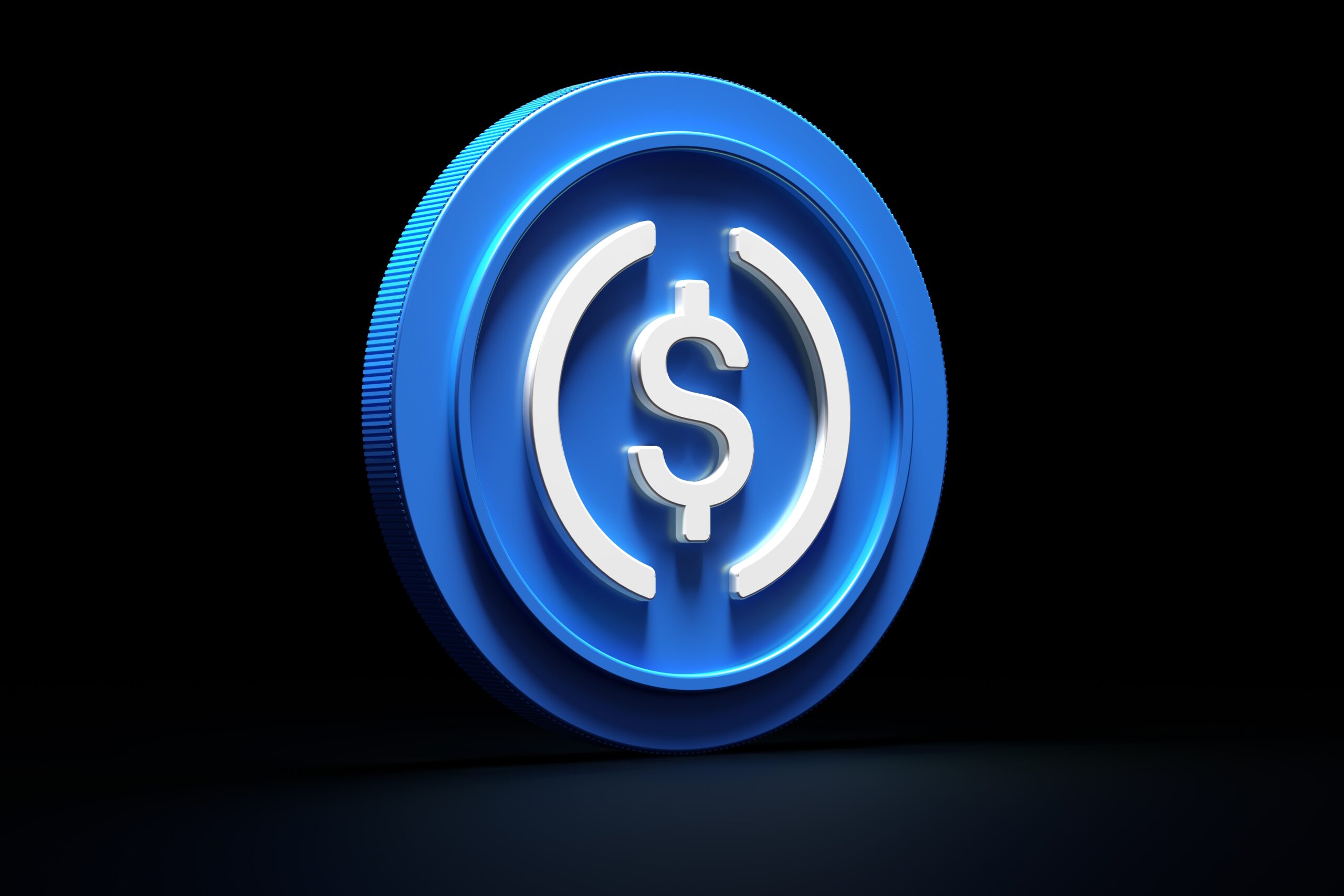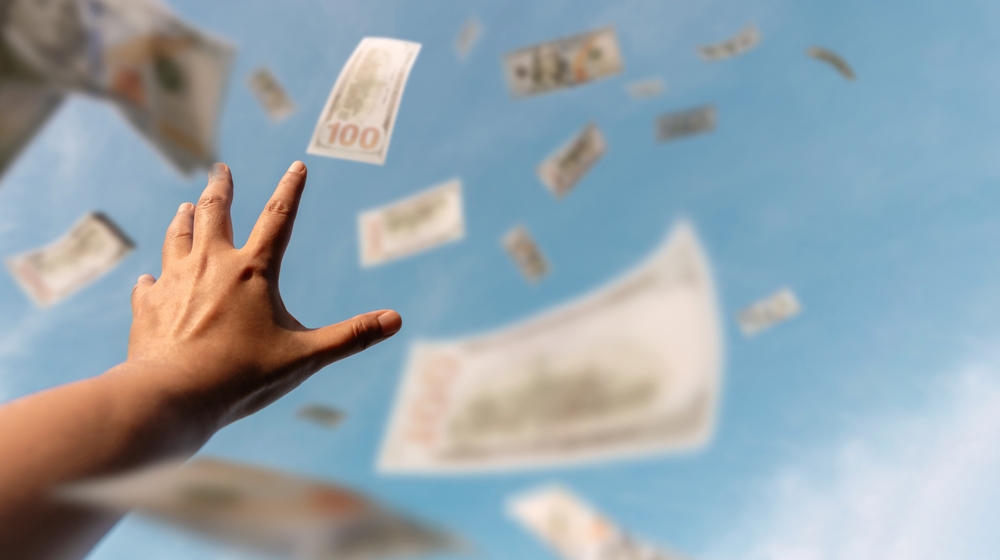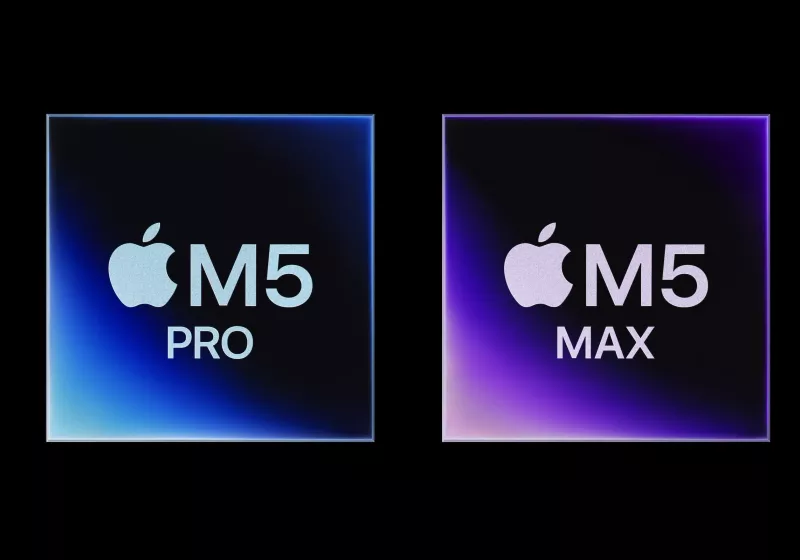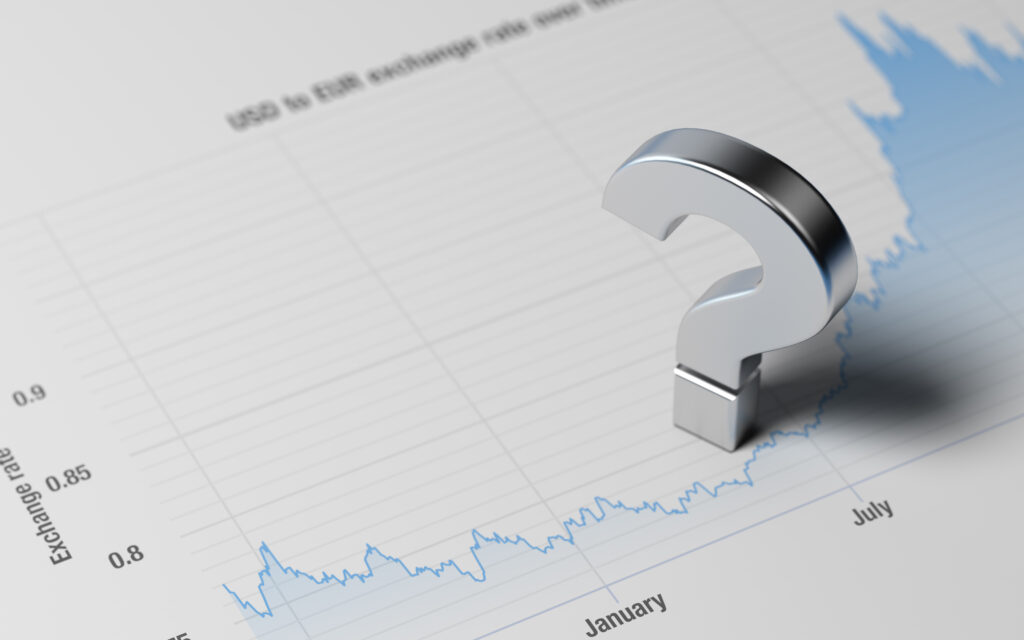One of the leading thought leaders in Web 3.0 venture funding told the New York Times “investing, for me, is a form of activism to create the world I want to see.” That’s great, but you won’t see a red penny of our hard-earned money. Ideas such as providing a “guaranteed minimum income” to “creators” are lauded as some great breakthrough – The Creator Economy Needs a Middle Class. No, it doesn’t. There’s a reason why only 2% of people on Patreon make minimum wage and only 0.25% of all YouTube channels are making money. Most “content” being produced is shite, and subsidizing more of it isn’t a viable way to show a return on investment.
The recent backlash against ESG investing is well-deserved and long overdue. We’re not here to subsidize the world’s problems, we’re here to show a return on our investment dollars. When you invest in a stock, generally you’ll see a return on your capital in three ways:
- Stock price appreciation
- Dividends
- Share buybacks
That last bullet point is perhaps the least understood by investors, so that’s what we want to talk about today.
Growth vs. Value
Our recent video on disruptive growth investing talks about the importance of strong revenue growth to capture total addressable market (TAM). Revenue growth is a proxy for market share being captured which means growth companies aren’t expected to be profitable. Once a firm commands a majority market share, they can then ward off the competition and begin distributing the loot to investors. When a company distributes cash to shareholders that’s called a dividend. Growth investors aren’t looking for dividends because they’d rather the company invest in the opportunity at hand. That’s why we frown upon many European tech companies like TeamViewer that pay dividends. NVIDIA’s dividend is easier to excuse as they’re a more mature company – a “mega cap” that we’ve been harvesting over the past months.

How Dilution Affects a Company’s Value
Share buybacks are a less obvious way to distribute capital to investors as the effects aren’t easily noticeable. Let’s start with a simple example – little Johnny’s lemonade stand – which has 1000 shares priced at $1 per share which Johnny owns all of. Regardless of who owns the shares, the value of the business – or market capitalization – is $1,000 given the price stays at $1. When there’s a market to trade shares on, the market cap will change based on share price changes.
- 1,000 shares X $1 a share = $1,000 market cap
- 1,000 shares X 80 cents a share = $800 market cap
- 1,000 shares X $1.20 a share = $1,200 market cap
Now, let’s assume that Johnny needs to raise capital because he lives in Portland, Oregon, and his lemonade stand was commandeered by vagrants. He decides to pivot into NFTs, and issues 500 shares to a couple of Web 3.0 venture capitalists (VCs):
- VC ONE: 250 shares
- VC TWO: 250 shares
- Johnny: 1,000 shares
There are now 1500 shares outstanding, and Johnny owns 2/3 of his company (1,000 shares) which – all things being equal – should not be worth $1,000 anymore because Johnny owns less of his company then he did before. This is why when a company issues shares, the price typically decreases. For Johnny’s company to have the same value after the funding round, shares would need to trade at 0.66 a share:
- 1,500 shares X 0.66 cents = $1,000
The predictable share price value loss is referred to as “shareholder dilution,” and you’ll frequently see this with pre-revenue companies that heavily emphasis the rewards that could transpire. Speculators will drink the Kool-Aid and clamor on board while the company will be issuing shares left and right to fund their operations.

Most retail investors don’t know how dilution works, so they won’t penalize the company for the dilution that happens over and over again. We’d argue that investing in pre-revenue is pure speculation because there’s no proof of product-market fit. When shares are being issued consistently and the price does not adjust accordingly, the valuation soon detaches from reality, and this is precisely why we don’t invest in pre-revenue companies.
If issuing shares decreases the value of shares, retiring shares increases the value of shares.
How Buybacks Increase Value
Going back to the lemonade stand example, let’s review what value everyone’s shares are worth after the funding round.
- VC ONE: 250 shares X 0.66 a share = $167
- VC TWO: 250 shares X 0.66 a share = $167
- Johnny: 1,000 shares X 0.66 a share = $666
- TOTAL = $1,000
Now, let’s say Johnny decides to buy back the 250 shares held by VC ONE. Once he buys those shares back, they’re not included in the market cap calculation. He can either add them to the company’s treasury where they might be used to raise capital in the future or simply cancel them such that they don’t exist anymore. In either case, here’s what happens to the value of everyone’s shares:
- VC TWO: 250 shares X 0.80 a share = $200
- Johhny: 1,000 shares X 0.80 a share = $800
- TOTAL = $1,000
The company’s value remains the same as we go along. All we’re doing is slicing up the pie differently. Johnny’s share buyback increased the value of shares because everyone’s ownership became more concentrated (the opposite of dilution). VC TWO is happy because the buyback increased the value of their shares. That’s basically how buybacks work.
Retail investors take note. Companies don’t come to you asking if you want to sell shares. They typically just buy them on the open market (may drive up price temporarily) or from larger institutional investors.
So, are share buybacks good? There are many opinions on this which often explore the alternatives to share buybacks.
Buybacks vs Dividends
As we said before, growth firms should reinvest profits in growing their business. Mature companies with loads of cash being generated from operations may choose to give some back to shareholders. An article by consulting firm McKinsey titled How share repurchases boost earnings without improving returns argues that share repurchases are generally a wash. In other words, there’s no difference between paying a dividend and buying back shares as evidenced in the below table.

We’ve circled a very relevant observation in the above image. When a company retires shares, it increases earnings-per-share. This decreases their payout ratio provided the dividend remains the same (payout ratio is the percentage of profits that companies pay out in the form of dividends). This is a clever way for companies to give themselves more leeway for dividend increases when growth has stalled (we’re looking at you, IBM).
The reduction can significantly boost earnings-per-share growth rates even for companies with mediocre top-line and bottom-line growth, which may result in them being accorded higher valuations by investors, driving up the share price.
Credit: Investopedia
For dividend growth investors, there’s a very big difference between whether a dividend is paid, or buybacks take place. That’s because they generally rely on dividend streams for income. This brings up another argument surrounding how taxes apply to each situation. Dividends are said to be double taxed (first, the company is taxed on their income, and second, the investor is taxed on their dividend income). In the case of buybacks, the Biden administration has employed a 1% tax on all buybacks (effective at the end of this year) which will net the government $74 billion over the next decade to drive more clean energy investments and make America’s addiction to prescription drugs more affordable. Intuitively, such a small tax will have very little impact on the amount of share buybacks which have historically been higher than dividends.

Are Share Buybacks Good?
Buying back shares has an element of market timing associated with it. It makes sense that share buybacks should accelerate during bear markets – when share prices are depressed, cost cutting exercises are in full swing, and internal investments are minimized. The company has all the insider information they need to assess whether their shares are trading at a fair price or not. That means the impact of buying back shares can vary case by case. As dividend growth investors, we’ll take the dividend any day.
We don’t like to see growth companies buying back shares for the same reason we don’t want them paying dividends. When dividend growth stocks perform share buybacks for long periods of time like IBM does, it’s a cheeky way to maintain their dividend champion status while the C-level spins wheels trying to resuscitate revenue growth.

IBM combines buybacks with dividends allow them to decrease their payout ratio while paying a dividend, but at some point, they’ll need to resume top and bottom line growth..
Conclusion
Both buybacks and dilution fly under the radar of many retail investors when they’re quite impactful events. While share repurchases serve to increase the value of shares held by those who continue to hold shares, they inflate earnings-per-share in an artificial manner which can mask problems with stalled revenue growth or profitability. Ideally, share buybacks ought to happen in bear markets when there are no suitable internal investment opportunities. For growth companies of the type we cover here on Nanalyze, share buybacks and dividends should always be passed over in favor of internal investments that can help accelerate growth.
Tech investing is extremely risky. Minimize your risk with our stock research, investment tools, and portfolios, and find out which tech stocks you should avoid. Become a Nanalyze Premium member and find out today!















